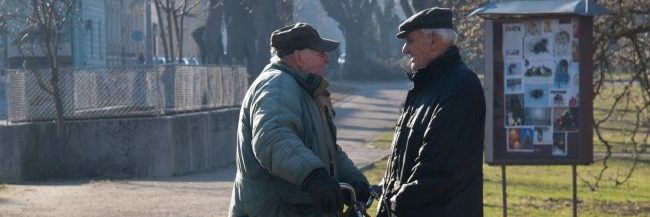
It came to pass on the third day when it was morning, that there were thunder claps and lightning flashes, and a thick cloud was upon the mountain, and a very powerful blast of a shofar, and the entire nation that was in the camp shuddered. (Shemjos 19:16)
I remember it well. It was a Tuesday, mid-morning that week that the “The Challenger” exploded in midflight. Everyone was buzzing about this grand public- national tragedy. In Chumash class later that week someone had the temerity to ask this question to our Rebbe, Rabbi Yisrael Simcha Schorr shlita, “Rabbi, if everything that happens in the world is in that week’s Parsha, where is the explosion of The Challenger in this week’s Parsha, Parshas Yisro?
Without a moment’s hesitation the Rebbe quoted, “It came to pass on the third day when it was morning, that there were thunder claps and lightning flashes, and a thick cloud was upon the mountain, and a very powerful blast of a shofar, and the entire nation that was in the camp shuddered.” It was a Tuesday morning, the third day of the week, and there was lightning and thunder, and the nation shuddered.
Whatever happened that week, back then, was quite shocking but it doesn’t come close to the visual and audio experience at the time of the giving of the Torah. The Torah testifies; “And all the people saw the voices and the lightning, the sound of the shofar, and the smoking mountain, and the people saw and trembled; so they stood from afar. (Shemos 20:15)
Whatever happened there was ultra-dramatic. What does it mean to see the thunderous voices? I cannot say! Certainly, the experience approached or likely superseded spiritual sensory overload. The Jewish People felt that they needed to stand from afar. It’s difficult, bordering on impossible, for us to begin to understand what actually occurred.
A famous British theatre critic once whimsically quipped, “The play was a great success, but the audience was a total failure.” Obviously, the play was a failure because no matter how clever or witty or brilliant it was, it failed to connect to the audience. That’s the ultimate test!
At the event of Matan Torah, the giving of the Torah, there was an incredible light and sound show. “The entire nation saw the thunderous sounds”. It would be an understatement to say that we were impressed.
Being impressed is not sufficient. The giving of the Torah is only one part of the equation. When somebody gives a thing in order for the exchange to be complete someone else has to receive it.
I once gave to one of my sons, for his birthday, a beautifully wrapped music CD. He opened it with excitement, looked at the cover and said, “You like this music!” Then he disappointedly handed it back to me. I realized he was right. What I gave him was not the music he liked but the music that I like.
HASHEM gave us, as Shlomo HaMelech said in Mishlei, “A good gift”, “All its ways are ways of pleasantness and all its paths are peace.” What can be better than that!? It’s good and it’s good for us! It offers and delivers what we all want most.
Matan Torah, the giving of the Torah is only one half of the equation. The second part is the reception, the acceptance, the embracing of what was given. That’s both our ancient and current role. I think that we can confidently declare about the event, the experience of Matan Torah, “the play was a great-great success and the audience was truly electrified”. The biggest proof is that here we are now 3333 years later and we’re still talking about it.


